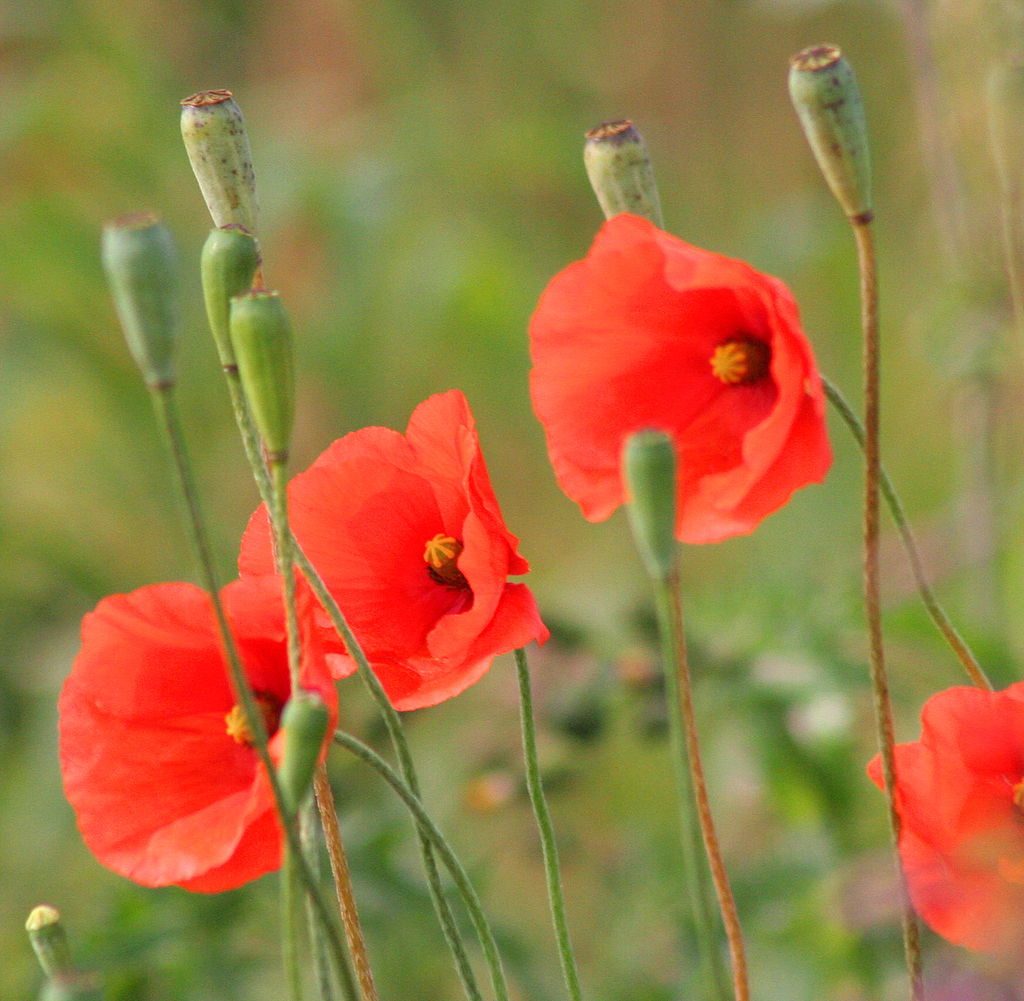
November in New York
Novemberish: adj. “Belonging to or characteristic of November; dismal, gloomy.” Earliest use found in Robert Burns (1759–1796), poet. (OED)
“Round, and round, and round they go — Mundell’s ox that drives his cotton-mill is their exact prototype — without an idea or wish beyond their circle; fat, sleek, stupid, patient, quiet, and contented; while here I sit, altogether Novemberish, a d-mnd melange of fretfulness and melancholy; not enough of the one to rise me to passion, nor of the other to repose me in torpor; my soul flouncing and fluttering round her tenement, like a wild finch, caught amid the horrors of winterand newly thrust into a cage.”
– – From a letter written by Robert Burns to Mrs Riddell, Woodley Park, November 1793
***










